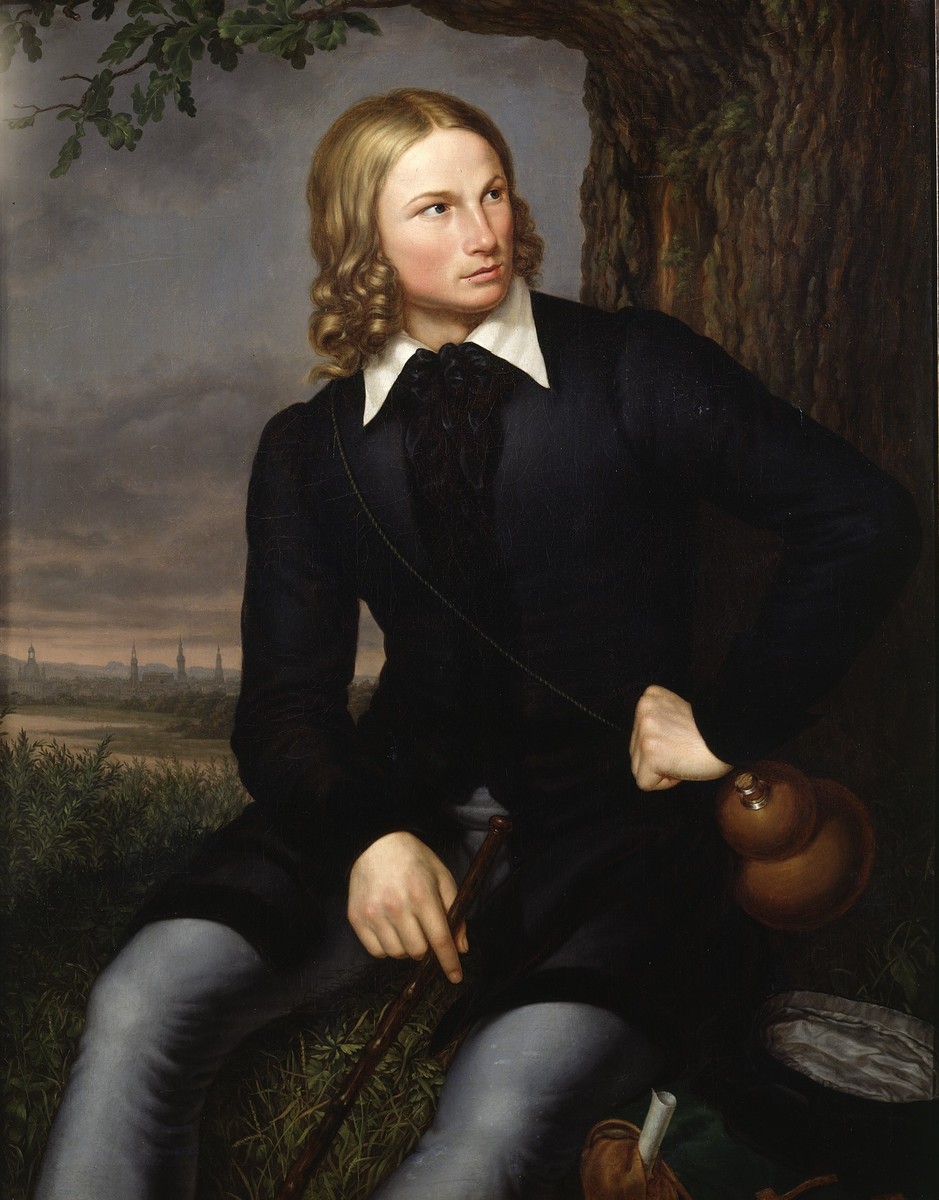Abstract
The poet and linguist August Heinrich Hoffmann von Fallersleben (1798–1874) was appointed professor for German language and literature at the University of Breslau in 1830. In 1842, the national-liberal views expressed in his poems—which were ironically entitled Unpolitical Songs (1840–41)—led to his dismissal and banishment from Prussia. Rehabilitated in 1848, from 1860 onward he was employed, again in the Prussian province of Silesia, as a librarian by the Duke of Ratibor. Fallersleben is most famous for writing the lyrics to The Song of the Germans [Das Lied der Deutschen], which was set to the music of Joseph Haydn’s (1732–1809) Emperor’s Hymn [Kaiserhymne]. Fallersleben’s first stanza “Germany, Germany above all…” came to encapsulate nationalist aspirations and was declared the official national anthem of the German Empire in 1922. Following the culmination of extreme nationalism in the Nazi era, the Federal Republic of Germany chose to adopt Fallersleben’s more moderate third stanza (“Unity, justice, and freedom…”) as the country’s official anthem in 1950. In this 1819 portrait, the twenty-one-year-old Fallersleben is dressed in so-called old German costume. At the time, he belonged to a student fraternity at the University of Bonn. Oil on canvas by Carl Georg Christian Schumacher (1797–1869), 1819.
